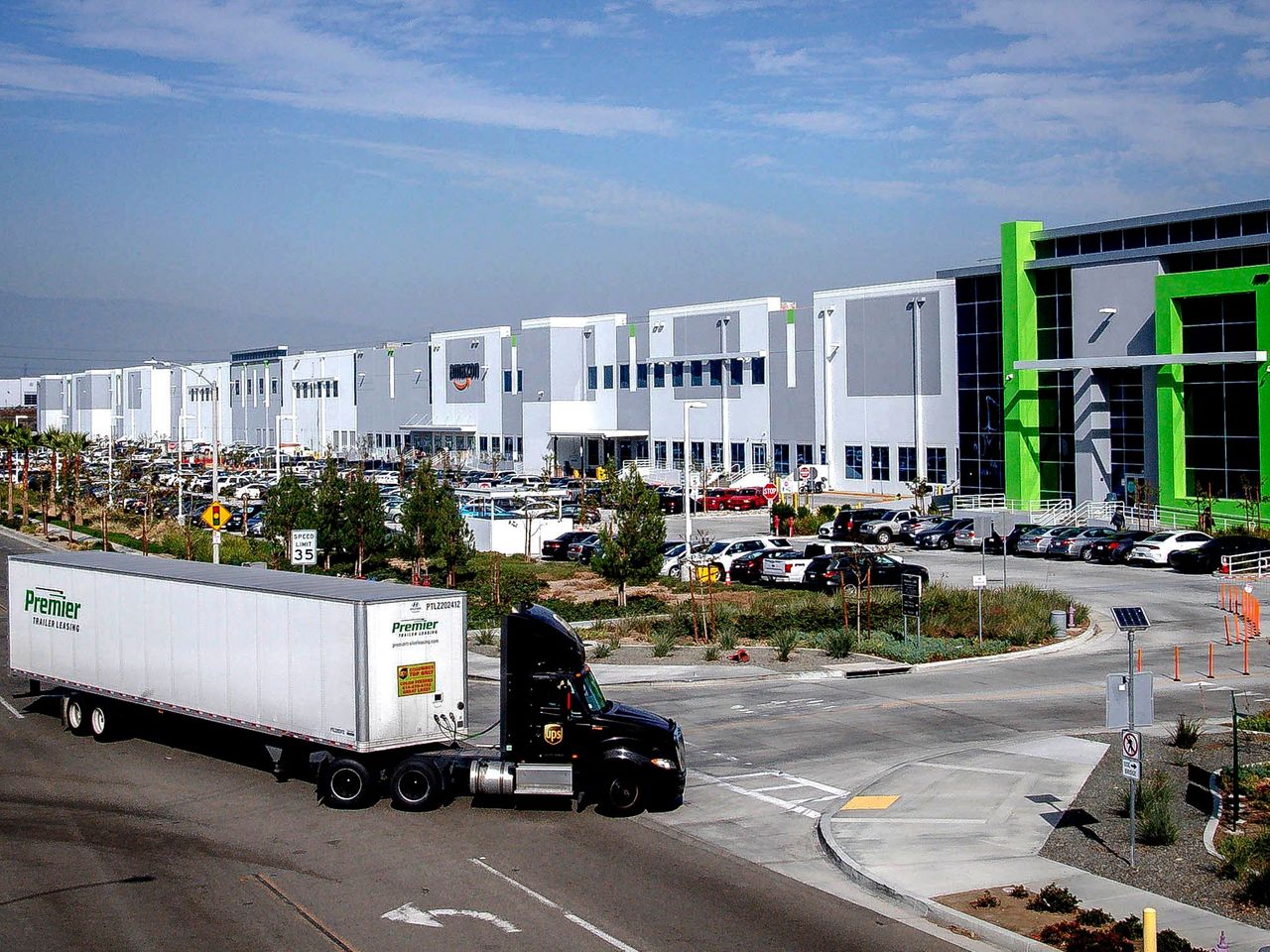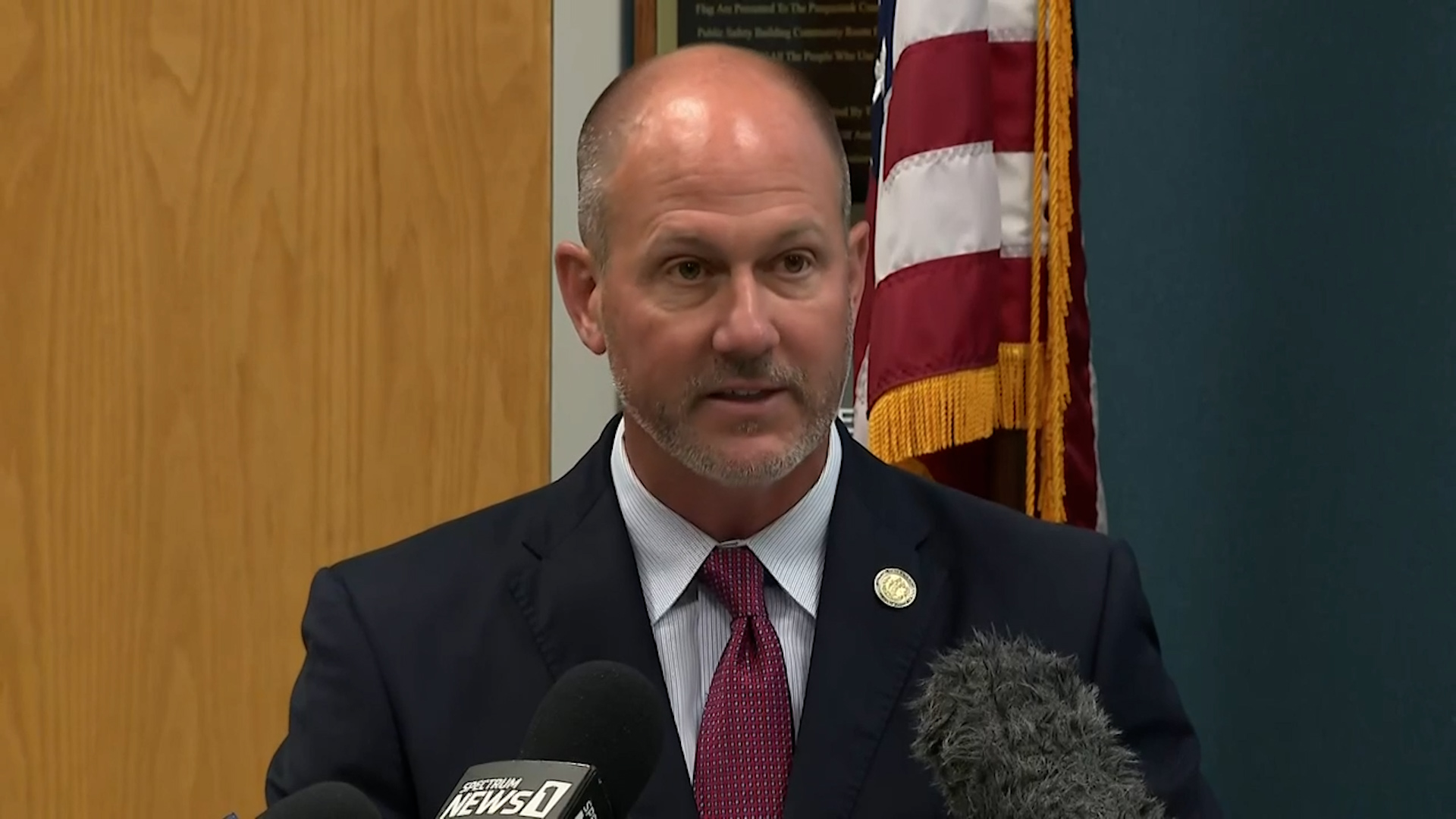Washington DC sues Amazon over allegations that it abuses its position as a retail giant.
The lawsuit was filed on Tuesday, claiming that Amazon controls up to 70% of US online sales. Hence, it ends up setting higher prices for consumers. It said Amazon’s online retail platform benefits from and is protected by Amazon’s anticompetitive business practices.
However, Amazon says that the lawsuit has it precisely backwards.
The lawsuit is filed by Attorney General for the District of Columbia, Karl Racine. It accused Amazon of charging third-party sellers on its site fees for up to 40% of the product’s price. Moreover, it is stopping them from charging less on other platforms.
It says far from enabling the consumers to obtain the best products at the lowest price. Amazon instead causes costs across the entire retail sales market to artificially inflated. Moreover, it is for both products sold on Amazon’s online platforms and its competitors online retail sales platforms.
An Amazon spokesperson in response said that the DC Attorney General has it precisely backwards. Further adding, sellers set their own prices for the products they set to sell on our platform.
Amazon takes pride in the fact that it offers low prices across the broadest selection. Also, like any other store, we reserve the right not to highlight offers to customers that are not priced competitively.
The lawsuit seeks to stop Amazon from using anticompetitive prices and calls for damages and some remedies. But it will only apply to violations of the rules in the District of Columbia itself.
Amazon’s further statement
Amazon added the relief sought would force it to feature higher prices to customers. That is oddly going against the core objectives of antitrust laws.
In 2019, Amazon a requirement for merchants to sign a price parity. The agreement stopped them from selling at lower prices under pressure from senior US politicians.
But Attorney General Karl Racine has said that it introduced an effectively-identical substitute. Retail has already been charged with abusing competition rules by the European Commission.
The latest lawful challenge comes as tech firms face increased scrutiny, having seen sales or membership jump during the pandemic.




